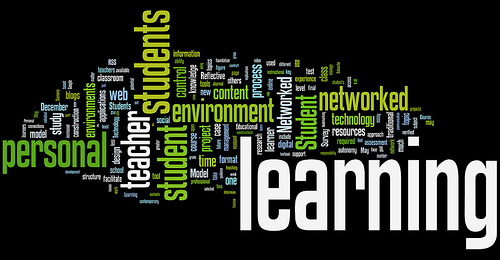U.S. lessons: teaching with technology

In his recent
He advocates learning in a “personalized and collaborative”environment. With the help of technology students could be assessedin real-time while having access to a wide range of informationalresources through social media and digital libraries.
In this framework, teachers “take on the role of coaches,students learn at their own pace, technology tracks studentprogress, and schools are judged based on the outcomes theyproduce. Rather than be limited to six hours a day for half theyear, this kind of education moves toward 24/7 engagement andlearning fulltime
Personalized learning and real-timeassessment
West proceeds by pointing out a number of cases that highlighthow technology enhanced both the student’s experience and outcomes.For her statistics course at Stanford, Professor Daphne Kolleremployed interactive online modules that include “video pauses andpop-up quizzes to gauge student progress.”
According to her, “we teach classes in higher ed the same as thepast 400 years. We are constrained by the number of students andclassrooms, yet we are teaching due to constraints that are nolonger relevant.”
West also sees huge potential of technology changing the waystudents are assessed. Instead of taking a “snapshot” of studentperformance on one exam day, teachers should trace progressfrequently. Measuring student progress more frequently would alsogive a better understanding of which material or teaching method ismost effective for students.
Meest Gelezen
Vrouwen houden universiteit draaiende, maar krijgen daarvoor geen waardering
Hbo-docent wil wel rolmodel zijn, maar niet eigen moreel kompas opdringen
Wederom intimidatie van journalisten door universiteit, nu in Delft
‘Waarom het nu niet lukt om medezeggenschap in hbo te versterken’
‘Sluijsmans et al. slaan de plank volledig mis’

